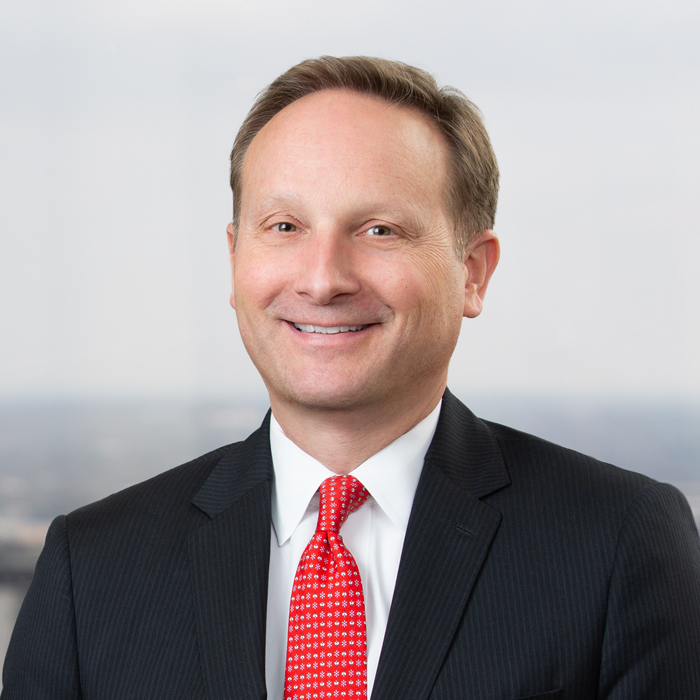As companies of all types and sizes continue to deal with the potential legal implications of the COVID-19 pandemic for their businesses, Jackson Walker provides insights and resources on the COVID-19 Legal Resources & Insights site.
By Lindsey Berwick & John Wittenberg
The Paycheck Protection Program (PPP) officially ended on May 31, 2021. From April 2020 through May 2021, the program provided approximately 12 million loans totaling nearly $800 million that helped businesses keep their workforce employed during the COVID-19 crisis.
This article addresses matters related to the PPP Loan Necessity Questionnaire (i.e., SBA Form 3509, Loan Necessity Questionnaire (For-Profit Borrowers) and SBA Form 3510, Loan Necessity Questionnaire (Non-Profit Borrowers)).
First Draw PPP Loans
When submitting a PPP application for a First Draw PPP Loan or a Second Draw PPP Loan, all borrowers were required to certify in good faith that “[c]urrent economic uncertainty makes this loan request necessary to support the ongoing operations of the Applicant.” (the “Necessity Certification”). With respect to First Draw PPP loans, SBA provided a safe harbor that any borrower that, together with its affiliates, received a First Draw PPP Loan in an original principal amount of less than $2 million will be deemed to have made the required certification concerning the necessity of the First Draw PPP Loan request in good faith. However, for First Draw PPP loans in the amount of $2 million or more, SBA provided SBA Form 3509, Loan Necessity Questionnaire (For-Profit Borrowers) and SBA Form 3510, Loan Necessity Questionnaire (Non-Profit Borrowers) (the “LNQ”) to lenders for them to provide to PPP borrowers that, together with their affiliates, received First Draw PPP Loans of $2 million or more. The stated purpose of the LNQs was to assist SBA in its review of PPP loans for eligibility, fraud or abuse, and compliance with loan forgiveness requirements. However, the actual effect was the creation of another layer of paperwork and bureaucracy that negatively impacted lenders and borrowers, and severely affected SBA’s ability to process loan forgiveness applications.
Second Draw PPP Loans
For Second Draw PPP Loans, all borrowers were required to certify in good faith that “[c]urrent economic uncertainty makes this loan request necessary to support the ongoing operations of the Applicant.” Because Second Draw PPP Loan borrowers were required to demonstrate that they have had a 25% reduction in gross revenues, all Second Draw PPP Loan borrowers were deemed to have made the required certification concerning the necessity of the loan in good faith. LNQs were not required for Second Draw PPP Loans.
Withdrawal of the PPP Loan Necessity Questionnaire
On June 21, 2021, SBA requested that the Office of Management and Budget (OMB) withdraw its approval of the LNQ forms (i.e., Form 3509 and Form 3510). SBA noted that although the LNQs “had a deterrent effect and prevented program abuse by applicants that could not make the loan necessity certification in good faith,” the LNQs are burdensome on both lenders and borrowers and eliminating them will reduce this burden and allow SBA to meet its obligation to process forgiveness decisions with the 90-day statutory timeline for forgiveness.
On July 2, 2021, SBA officially notified PPP lenders that they will no longer be required to obtain an LNQ from borrowers seeking forgiveness of PPP loans in the amount of $2 million or more. This development will primarily benefit PPP borrowers with loans of $2 million or greater that have not yet applied for loan forgiveness. SBA is in the process of implementing a formal policy change to memorialize the elimination of the LNQ requirement and will release a corresponding FAQ shortly.
PPP Loan Reviews and Back-Up Documentation
It should be noted that the withdrawal of the LNQ requirement does not change SBA review procedures for PPP loans. In particular, SBA may take into account “the borrower’s circumstances and actions both before and after the borrower’s certification to the extent that doing so will assist SBA determining whether the borrower made the statutorily required certification in good faith at the time of its First Draw PPP loan application.” (See FAQ #53.) PPP loans are still subject to SBA review and borrowers should continue to retain all relevant information and documentation to support the application for, and administration of, their PPP loan(s).
JW Contacts
For specific assistance or more information concerning PPP loans, please contact John Wittenberg or Lindsey Berwick.
Related Resources:
- JW Coronavirus Insights & Resources microsite »
- JW Fast Takes podcasts and webinars »
- Paycheck Protection Program – An Overview of the 2021 PPP and Update on PPP Loan Forgiveness » (January 25, 2021)
- Paycheck Protection Program – Biden-Harris Administration Announces PPP Reforms » (February 23, 2021)
Please note: This article and any resources presented on the JW Coronavirus Insights & Resources site are for informational purposes only, do not constitute legal or medical advice, and are not a substitute for legal advice from qualified counsel. The laws of other states and nations may be entirely different from what is described. Your use of these materials does not create an attorney-client relationship between you and Jackson Walker. The facts and results of each case will vary, and no particular result can be guaranteed.
